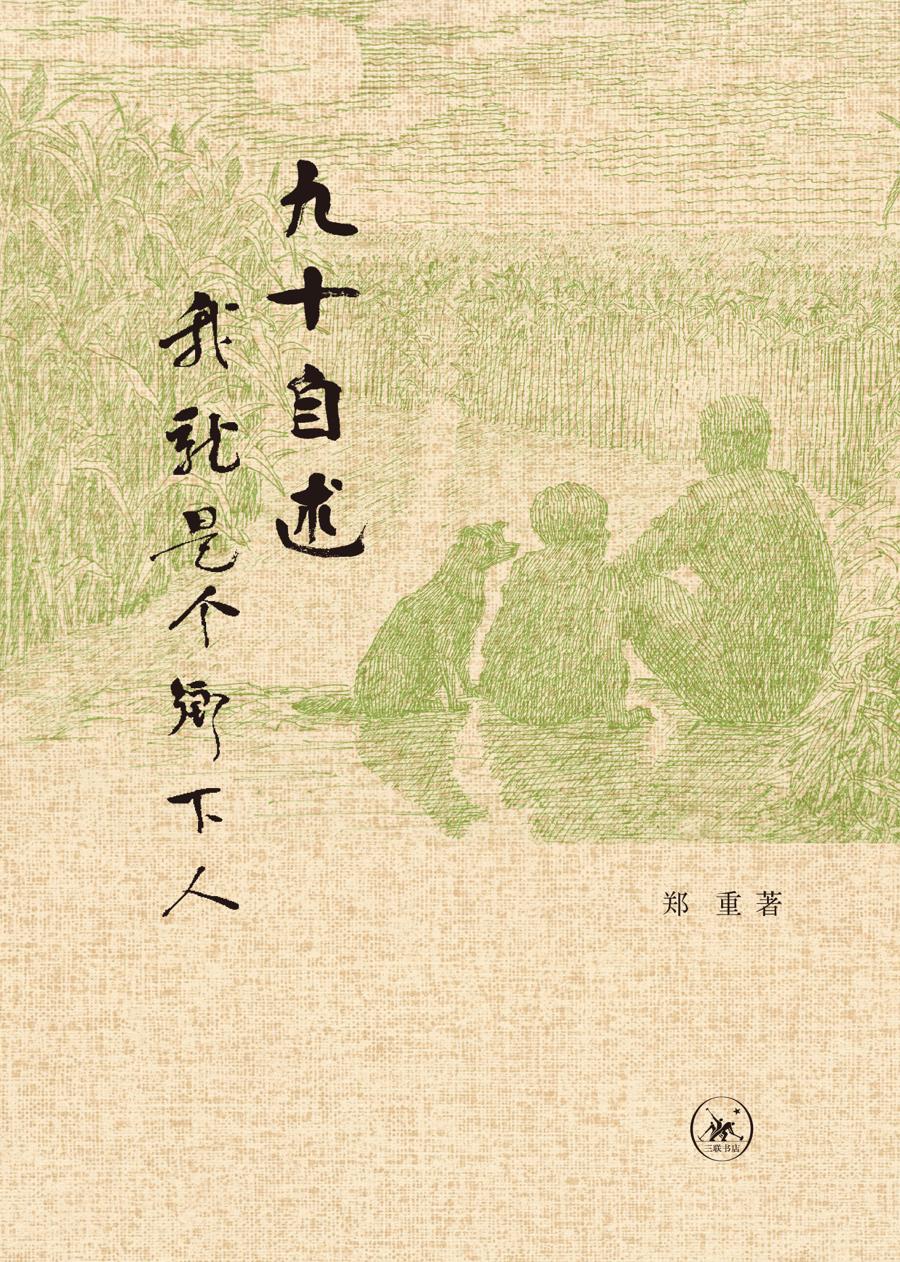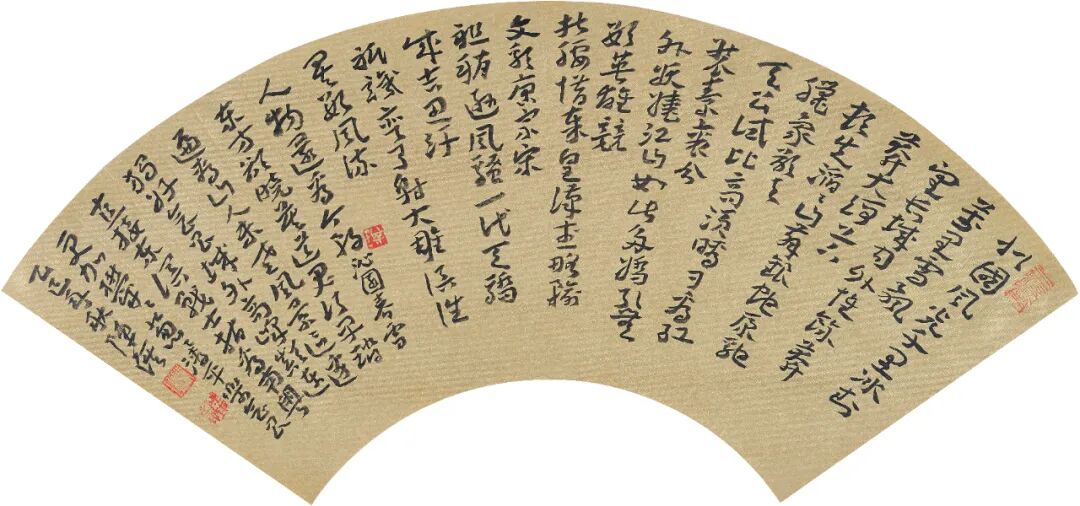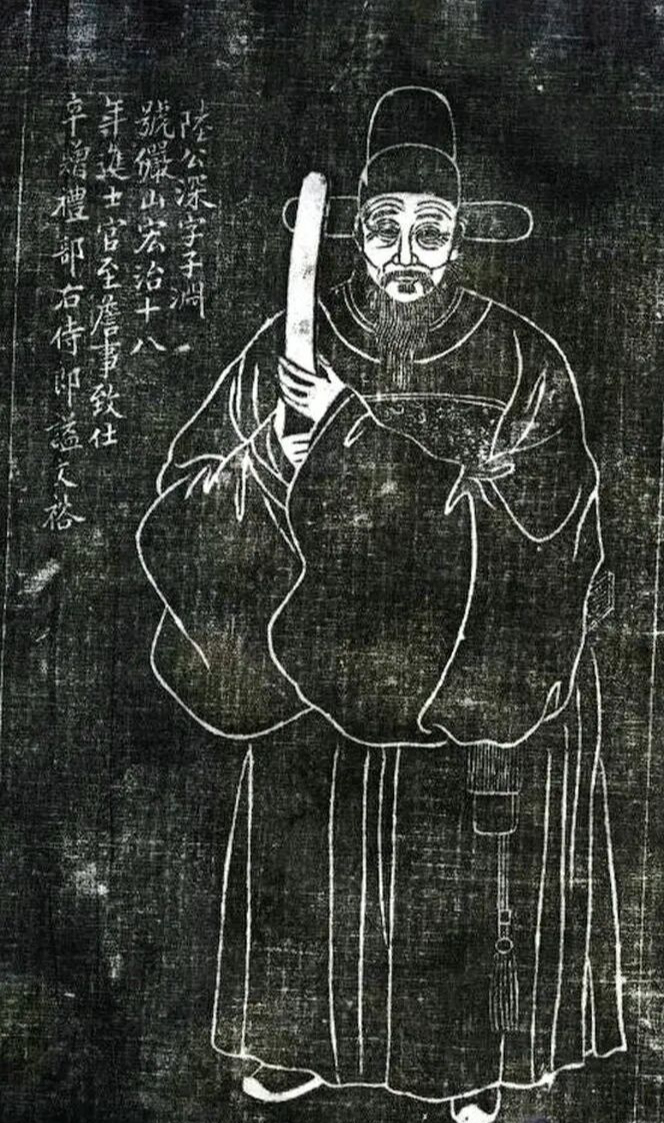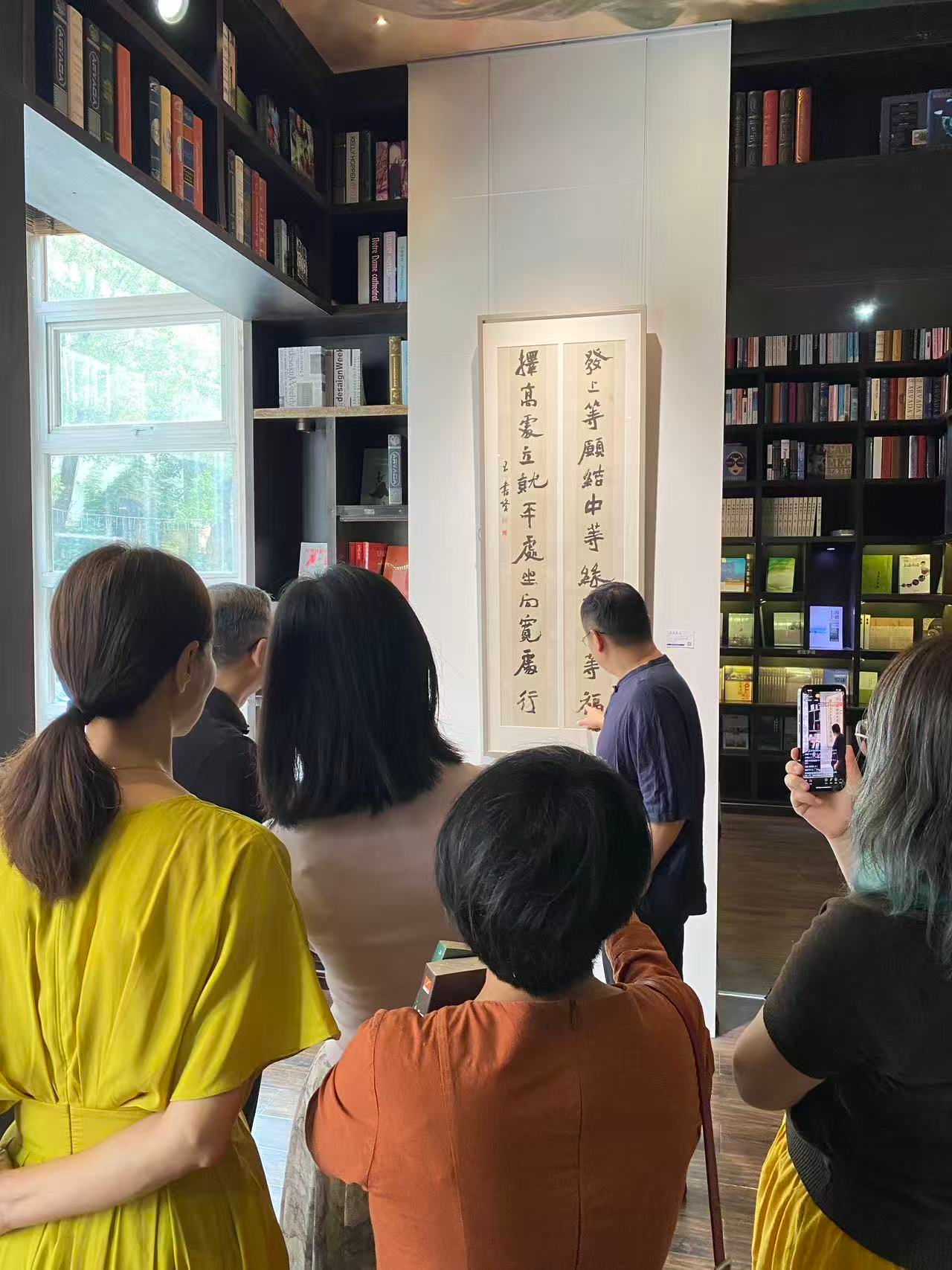
"Ninety Years of Self-narration" is a collection of memoirs published by Zheng Zhong, a well-known journalist and scholar, at the age of ninety. At first, he just wrote the family story for his granddaughter who grew up in New York. When he reached the age of rice and tea, he looked back at the ordinary "Da Zheng Village" where he grew up, and through the twists and turns of the fate of rural farmers, as well as the recollection and description of the details of social and family life such as agricultural products, dialects, and folk customs in his hometown, he laid out a picture scroll. The writing is casual and leisurely, without any waves, and can be regarded as a book of life written by an old man.
A small book of less than 100,000 words, "Ninety Autobiography" (published by Sanlian Bookstore), is a autobiography of Mr. Zheng Zhong, a 90-year-old man. The words are extremely plain, but the content is rich and profound. When I was young, I studied in a city on the south bank of the Huai River. Although I didn't set foot on the north bank at that time, I had many classmates in Huaibei, so I felt familiar with this book. I read this thin little book twice, which is really a rare thing in my personal reading history.
The author describes Dazheng Village, a village with less than 100 households under Suzhou City in the Huaibei Plain. There are no historical records, no ancestral halls, no prominent figures, and even few scholars. But even such an ordinary village, looking back through more than half a century of history, can record a lot of things: the changes of mountains and valleys, the changes of people, the evolution of social customs... A heavy historical scroll slowly unfolds before our eyes.

"Ninety Autobiography" (published by Sanlian Bookstore)

Sketch of a solemn portrait, 2018 by Gu Cunyan
What I like to read most is the rural society and folk customs described by the author. In the half century before and after liberation, the rural areas changed most dramatically. It is precious to record and preserve the rural customs and local culture of that time through words. The author is really familiar with the old scenery: we can appreciate the wind, rain, evening, the cycle of the four seasons, and the local dialect; we can see the previous agricultural tools, farming methods, various forms of self-sufficient small peasant economy, rural social culture, the relationship between parents, relatives, neighbors and employment; in order to avoid the bandits' harassment at night, the author's personal experience of being kidnapped by bandits in his childhood; during the Anti-Japanese War and the Civil War between the Kuomintang and the Communist Party, the influence of the rise and fall of various political and armed forces such as regular army, guerrillas, and bandits on the villagers, and the persistence and demise of moral ethics in rural society under the tide of history. The century-long changes in a small village in the Huaibei Plain reflect the changes of the times in China's rural society.

Mr. Zhengzhong's hometown old house
If the author's father fully embodies the self-sufficient small-scale peasant economy and agricultural culture, the author's mother more embodies the folk customs of the Huaibei rural area. At that time, the division of labor in the countryside was still between men farming and women weaving. Women were responsible for the home, sewing clothes and weaving cloth, watering the garden and growing vegetables, and washing and cooking. The fox fairy guarding the house and attaching to the author's mother to talk to the earth is particularly interesting. This is exactly what I experienced in my childhood. The mystery in it cannot be explained by simple superstition.

Father Zhengzhong (center) with his grandchildren in his hometown
When I read Liu Bannong's new poem "The Dusk of a Small Farmer's Family" in my early years, I was fascinated by the idyllic life in the poem. When I read the novels about the land reform in the countryside and some documentary works, I saw the polarization between the rich and the poor, the annexation of land, the hard work, etc., and I felt that it was just the poet's utopian fantasy. But in the author's writing, in a remote village far away from the emperor, if there is no occasional war and bandit invasion, such a utopia can still be realized. The experience of the author's father is an example: he lost his father in childhood, was born in poverty, worked hard on the land all his life, and had an almost religious love and piety for the land. He loved livestock and was good at farming. He expanded his land and wealth step by step for decades. When he reached middle age, he finally lived a relatively rich life. Although he was illiterate, he was well versed in human nature and physics, had a unique understanding of farming culture, and had a very simple and practical peasant philosophy. In the author's father, the self-sufficient small peasant economy and agricultural culture more than half a century ago are fully embodied.

Huaihe Plain
China is still an agricultural society after all, and most people can only trace their origins back five generations, and are just peasants. Agricultural culture is deeply rooted in people's minds, and the author's self-proclaimed "just a countryman" should not be pretentious. Returning to the countryside and secluded in the mountains has always been the dream of many people who escape from the world, and Tao Jingjie's leisurely view of Nanshan is the pursuit of many unsuccessful literati. The author recorded his father's view of Tao Yuanming, which is very interesting: the old man is illiterate and likes Tao Yuanming's pastoral poems. As a genuine farmer, his understanding of Tao is quite special, and he believes that Tao can only write poems, but not farm. A real farmer does not want to leave a name and cannot write poems.

Illustrations in the book

Solemn calligraphy
The author said that most of what he wrote was what he had personally experienced. After he left Dazheng Village to study in Shanghai, that is, after 1950, he stopped recording. It is a pity that he did not record the changes during the land reform period, especially for farmers like the author's father who worked hard for decades and relied on their own hands to make their lives from subsistence (60 acres of arable land) to gradually becoming wealthy (the arable land area doubled). Another is during the three years of natural disasters at the turn of the 1950s and 1960s. The author only used a few hundred words to record the experience of his smart and capable neighbor Dawai's family: the dog skin mattress left for heating before liberation was eaten, and in the end they still could not escape the fate of starvation.
In the author's calm and reserved writing, we can feel the author's love for the land where he lived in his early years, his nostalgia for the gradually disappearing rural customs, and his regret for the scenery that will never come back. Today, with the acceleration of urbanization, farmers born in the 1960s and 1970s should be the last group of people left on the land. The disappearance of natural villages will be inevitable, and the extinction of agricultural culture and folk customs will inevitably follow. The fireworks of the past with the setting sun and the curling smoke can only become a memory. The pastoral life of the farming era has become a thing of the past, and can only be recalled in the future...
The author went to Shanghai from his hometown Dazheng Village in the early 1950s. More than 70 years have passed, and now he is in his 80s. His childhood playmates have all died. Looking back, the clouds are drifting by, "Life is just like this", these six simple words, as the ending of this booklet, are really powerful when spoken by a 90-year-old man.

Recent photo of Mr. Zheng Zhong



AGZow jjNd miZQyw XtQ